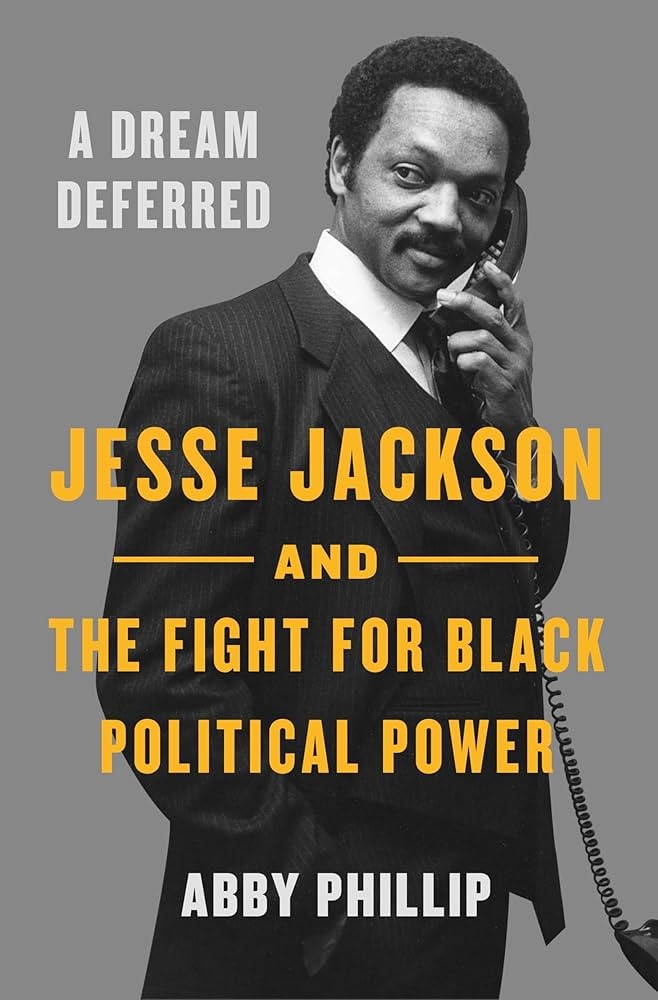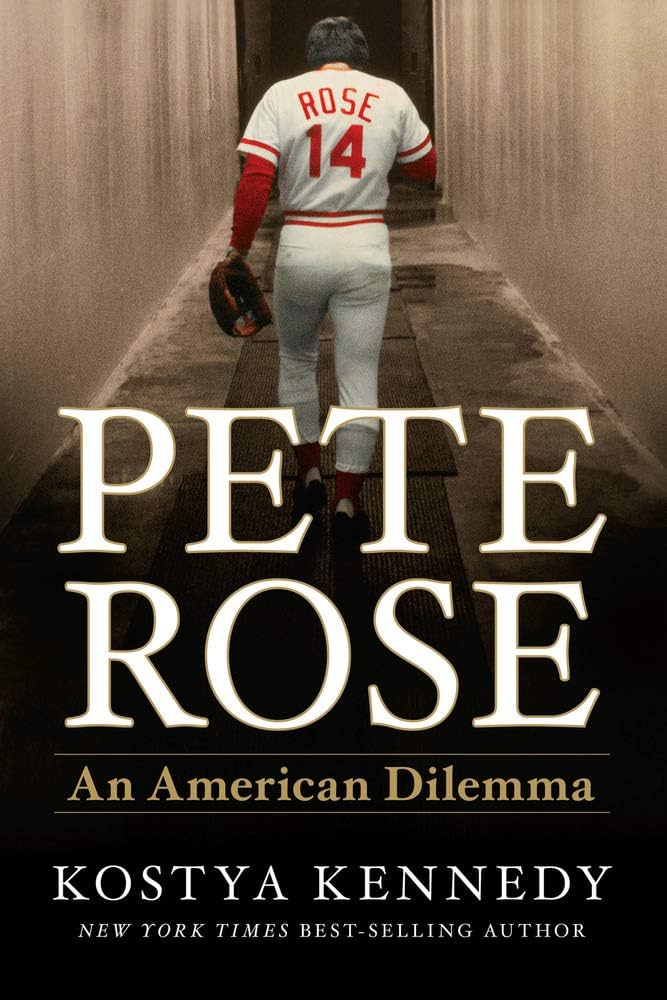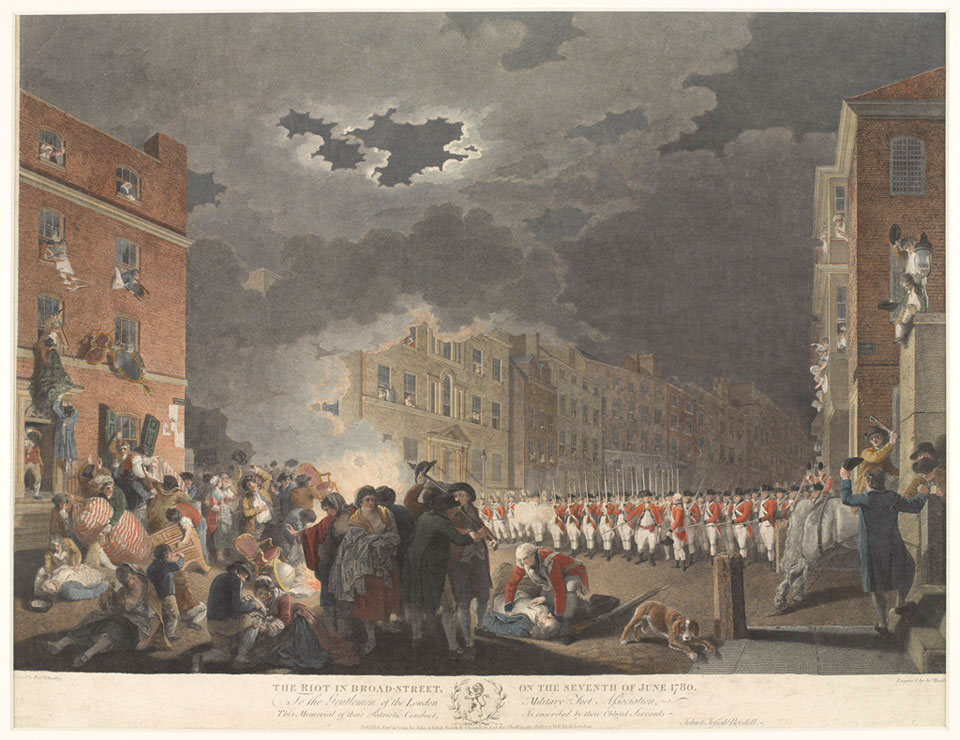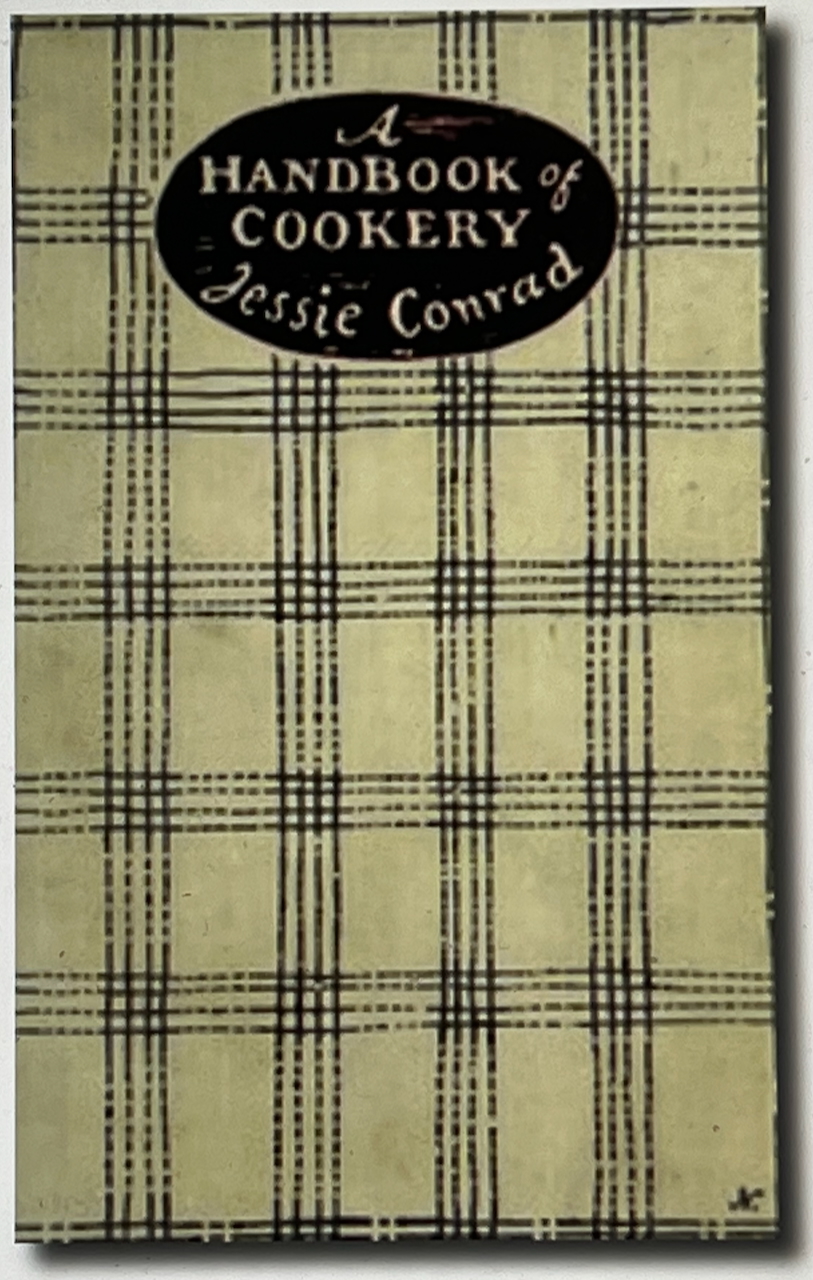Inarticulate Jann Wenner Dislikes Inarticulate Blacks and Women
By Gerald Early
September 19, 2023

Jann Wenner, co-founder and former editor of Rolling Stone, co-founder of the Rock & Roll Hall of Fame in Cleveland, and one of the pillars of the pop culture criticism business, has succeeded in sabotaging his new book, The Masters, before it has even been widely reviewed. Wrecking the sales of one’s own book borders on a talent to be marveled at. Wenner, as I suppose the entire country knows now, was being interviewed by New York Times magazine columnist David Marchese about the book, a collection of interviews with some of the leading rock musicians of the twentieth century, when asked why the book included no women or people of color among its subjects. Wenner said that his book was “intuitive,” which I suppose meant that it was not meant to be comprehensive but personal. Fair enough. But he went on to say, “It’s not that they’re inarticulate, although, go have a deep conversation with Grace Slick or Janis Joplin. Please, be my guest. You know, Joni [Mitchell] was not a philosopher of rock ‘n’ roll. She didn’t, in my mind, meet that test.”
About Blacks, Wenner said, “Of Black artists—you know, Stevie Wonder, genius, right? I suppose when you use a word as broad as ‘masters,’ the fault is using that word. Maybe Marvin Gaye, or Curtis Mayfield? I mean, they just didn’t articulate at that level.”
These comments got him fired from the board of directors of the Rock & Roll Hall of Fame Foundation. And they made his book toxic because he became toxic, not because his book focused exclusively on White male performers but because he did not think women or Blacks were worth taking seriously as creative artists. He saw them as inferior. In Wenner’s case, some may feel there is no accounting for taste, but there is also no accounting for the absence of good sense in publicly admitting his bias. Still, one must give him kudos for his fumbling honesty.
At the conservative blog site Hot Air, Karen Townsend writes, “The fact that he only included white rock and rollers is controversial in today’s world. If the book only included black performers, I’ll bet the reaction would have been different. He wouldn’t have been asked about only including black performers.” This seems a bit of an overstatement or a kind of false equivalence. (Interestingly, she does not pose the hypothetical of if the book were composed only of interviews with women performers. Townsend is preoccupied with the race issue rather than the gender issue, which I guess says something interesting about her thinking.)
If Wenner had done an all-Black book about the masters of rock and roll, its justification would have become part of the selling point for the book. In other words, the main thing that Wenner himself would have been talking about in interviews about the book is why he did the book in that way and what purpose it served to do so. Such an approach would have been a book begging for a fight or daring anyone to fight it. The book would have been a cause, not a sort of indulgence, as the actual book, in part, is.
But for Townsend, this whole thing is largely a free speech matter. Implicit in her piece is that Wenner has the right to do a book of interviews about rock and roll in any way he likes, without having to be challenged about its lack of so-called diversity, about whether it meets the approval of the current sociological trend-setters or gatekeepers. On that point, she is probably right, although there have always been sociological trend-setters and gatekeepers of one sort or another in the culture business. Wenner would have fewer problems with the diversity crowd if he had said that, as a White man, he felt qualified only to have interviews with White men, with whom he could communicate better; that he was not qualified to interview women and Blacks because, as a White man, he could not bring out their best in an interview. I personally would have found such a confession disconcerting, but it probably would have been acceptable to the many who are throwing him under the bus now because it would have an element of self-abasement. Instead, he wanted to imply that rock was a superior White man’s music, something requiring a philosophy no less, and what we are experiencing now is something like the passing of the great race and great gender as rock music. It is that version of rock which, he laments, is dead. “It’s not coming back. It’ll end up like jazz.” No worse fate can befall a form of popular music than to end up like jazz! Even jazz did not want to end up as jazz did! Holy Moses, it is not racism that is insulting in Wenner’s view but the sheer stale romanticism of it, bemoaning the twilight of an era. What is worse than Wenner being a racist or a sexist is that he is such an insufferable snob.
Black critic Gene Seymour hit the matter a bit more squarely when he wrote: “Maybe it’s the impulse to set agendas from the insular tastes that’s really on its way out and not the music or the musicians or their legacies that are declining. In short, it’s the masses that are changing because there is no easily definable consensus about anything in a social media universe. Wenner, I would have thought, is smart enough to know that.”
Alas, it is not the music that is the relic but Wenner himself.
Finally, what I find amusing in this little dustup is that Wenner’s publisher, Little, Brown and Company, in a desperate effort to prevent the book from being remaindered this week, issued an apology on his behalf (supposedly he wrote it) which says, in part, “I totally understand the inflammatory nature of badly chosen words and deeply apologize and accept the consequences.”
“Poorly chosen words” sounds to me as if he is apologizing for having been, dare I say it, inarticulate. My goodness, I thought that was something only we Negroes (and women) suffered from. An inarticulate White man, who would have thought it!







